Consider this program:
int w(int x, int y){
if(x != y) {
w(x, y);
}else return x+y;
}
Call it this way:
w(0, 5);
For distinct values (like above), it generates an infinite recursion. The problem is, once the program started this way, the specific process turns into a D mode (waiting for an internal I/O, therefore untouchable).

Take a normal loop
while(1){
if(0 != 5){
//foo
}else{
//bar
}
}
Generates R state mode - perfectly capable of getting SIGKILL.

Although normal loops beat recursions performance-wise; the system should still be capable of killing the process.
Why is this happening? And how to prevent it remotely?
The code will be compiled an executed by a program that returns its output to the webclient via sockets. So there is no control over what the user attempts to compile.
Edit:
Ubiquitous process of compiling and running the code:
$ g++ main.cpp -o m
$ ./m
Edit2:
$ g++ --version
g++ (GCC) 4.9.2 20150204 (prerelease)
Copyright (C) 2014 Free Software Foundation, Inc.
This is free software; see the source for copying conditions. There is NO
warranty; not even for MERCHANTABILITY or FITNESS FOR A PARTICULAR PURPOSE.
$ df --print-type
Filesystem Type 1K-blocks Used Available Use% Mounted on
/dev/sda2 ext4 957174124 168965980 739563400 19% /
dev devtmpfs 4087124 0 4087124 0% /dev
run tmpfs 4089872 528 4089344 1% /run
tmpfs tmpfs 4089872 76 4089796 1% /dev/shm
tmpfs tmpfs 4089872 0 4089872 0% /sys/fs/cgroup
tmpfs tmpfs 4089872 1052 4088820 1% /tmp
tmpfs tmpfs 817976 12 817964 1% /run/user/1000
The tests were done on Arch Linux x64 (with latest gcc).
Edit3:
The same problem occurs even after reinstalling the OS. The image has been used on another pc as well, where this problem does not occur.